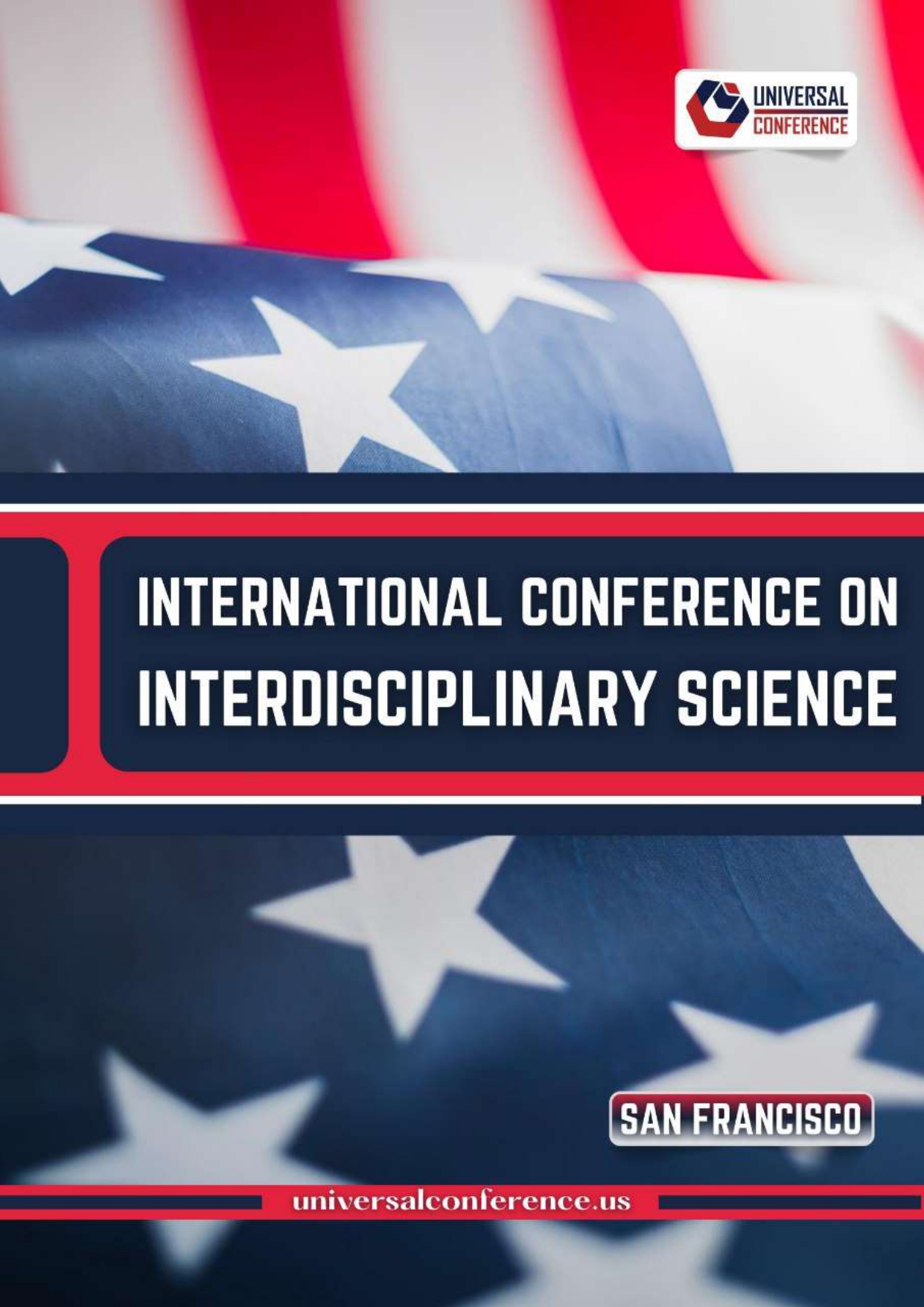THE ROLE OF ARTIFICIAL INTELLIGENCE IN FACILITATING SECOND LANGUAGE
Keywords:
Artificial intellingence, language learning, second language acquisition, AI-powered language, language learning technologyAbstract
The rapid development of Artificial Intelligence (AI) technologies has revolutionized many fields, including education. This article investigates how AI-driven tools are transforming second language asquistion (SLA), particularly in terms of personalizing the learning experience, improving learner engagement, and enhancing proficiency. By analyzing widely used AI- based platforms explores the benefits and challenges of integrating AI in SLA. The findings indicate that AI has the potential to significatly improve language learning outcomes, offering individualized feedback, immerse experiences, and instant access to linguistic resources.
References
1. Afrianto, I., Irfan, M. F., & Atin, S. (2019). Aplikasi Chatbot Speak English MediaPembelajaran Bahasa Inggris Berbasis Android. Komputika : Jurnal Sistem Komputer, 8(2), 99–109.
2. Н. М Сулейманова, O СТРУКТУРНОЙ СХЕМЕ НОМИНАТИВНОГО ЗНАЧЕНИЯ, Ученый XXI века, 2016
3. MA Ubaydullaeva, THE HISTORY OF THE DEVELOPMENT OF THE TERMS OF LITERARY STUDIES OF THE TURKIC PEOPLES, Oriental renaissance: Innovative, educational, natural and social sciences 2 …, 2022
4. Ahmet, C. (2018). Artificial Intelligence: How Advance Machine Learning Will Shape TheFuture Of Our World. Shockwave Publishing via PublishDrive
5. GU Rustamova, LINGVISTIK PRAGMATIKANING BIRLIKLARI, Филологические науки 11, 0
6. НМ Сулейманова, ЖР Насруллаев, Номинативные особенности языковых единиц, Молодой ученый, 212-213, 2018
7. Følstad, A., & Brandtzaeg, P. B. (2020). Users’ experiences with chatbots: findings from a questionnaire study. Quality and User Experience, 5(1),
8. НМ Сулейманова, ЖР Насруллаев, Some aspects of cognitive linguistics, including pragmatic factors, Современные исследования и перспективные направления инновационного развития …, 2018
9. UM Azamatovna, THE HISTORY OF THE DEVELOPMENT OF THE TERMS OF LITERARY STUDIES OF THE TURKIC PEOPLES
10. Dodigovic, M. (2007). Artificial intelligence and second language learning: An efficient approach to error remediation. Language Awareness, 16, 99–113.
11. Н СУЛЕЙМАНОВА, ТИЛ БЕЛГИЛАРИНИНГ НУТҚҚА КЎЧИРИЛИШИ.
12. qizi To‘yeva, M. S. (2022, November). YANGI O ‘ZBEKISTON ORIFA AYOLLARI VA G ‘ARB AYOLLARINING JAMIYATDAGI MAVQEYI VA ULARNING HUQUQLARI. In INTERNATIONAL CONFERENCES (Vol. 1, No. 2, pp. 74-81).
13. Ellis,R. (2008). The studyof second language acquisition. Oxford: Oxford University Press.
14. Valieva, N. (2020). King Ṭanṭawǝdǝm's land charter: state of the art and new perspectives.
15. Valieva, N. (2023). MS Parma, Biblioteca Palatina, Parm. 3852: a meeting point for a medieval Ethiopian king-usurper with modern pro-Italian actors. Manuscript and Text Cultures (MTC), 2(1).







